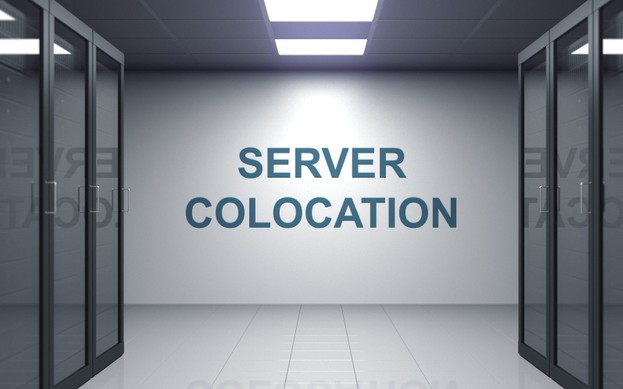

Share on social..
Because of its name, some people think the Cloud is something ethereal – that your data is invisibly floating around in the atmosphere. But this is not the case. The Cloud is essentially just a term to determine where your data sits – it will always be on a hard drive somewhere in the world, but because you can access it from wherever you are, the location of that hard drive is largely immaterial.
The question you need to ask is, is it better for your company if you keep your server in your building, locate it entirely to the Cloud, or colocate it?
There are valid reasons why a company would opt to keep its servers entirely on-premise, whether it is because of security and compliance, such as with law firms or businesses in the financial services sector, or for more practical reasons such as internet speed – this is especially true for companies in rural areas where WiFi speed is a big issue.
The disadvantages of using your own hardware centre around cost. You will not only have to buy and maintain servers that are large enough for your current and future needs, you will also need to house the hardware in your own building, ensuring it has adequate ventilation/air conditioning, and that it is adequately protected.
In addition, your staff will have to do regular back-ups and keep the back-up files away from your premises. The reasons for this are clear: recently, one of our neighbouring businesses caught fire and the building burnt to the ground. If they had kept all their data on the office servers, and even if the daily back-ups were up-to-date, they would still be facing a period where they could not trade while they bought new hardware and uploaded all their data.
If there are compliance issues where you need to have dedicated servers for your company, instead of hosting your server on your own premises, many companies opt for colocation services. This means that you own the hardware, but it is housed within a dedicated data centre where it will be looked after and maintained by IT experts onsite. You can take advantage of the centre’s speed and security, and your system will not affected by your location, meaning if, like our neighbours, your building is razed to the ground, your infrastructure is safe and your data can be accessed immediately.
The next step up from colocation, and one that many businesses are already opting for, is to use dedicated private services. This is where your company rents space on data centre servers, meaning you no longer have the responsibility and financial burden of owning, maintaining and updating your own hardware. Great for your capital expenditure!
Virtual private servers like Amazon, Azure etc, run on shared infrastructure, meaning your company rents space on hardware that has many users. There is also a move towards hosting IT systems via the public Cloud as it offers many advantages with regard to speed, access, flexibility, maintenance, security, etc. If you are planning to expand your business, this gives you the opportunity to increase (or decrease) your IT needs as and when you need it, only paying for the space you use.
If you would like to discuss if colocation is right for your company, contact us to find out more.